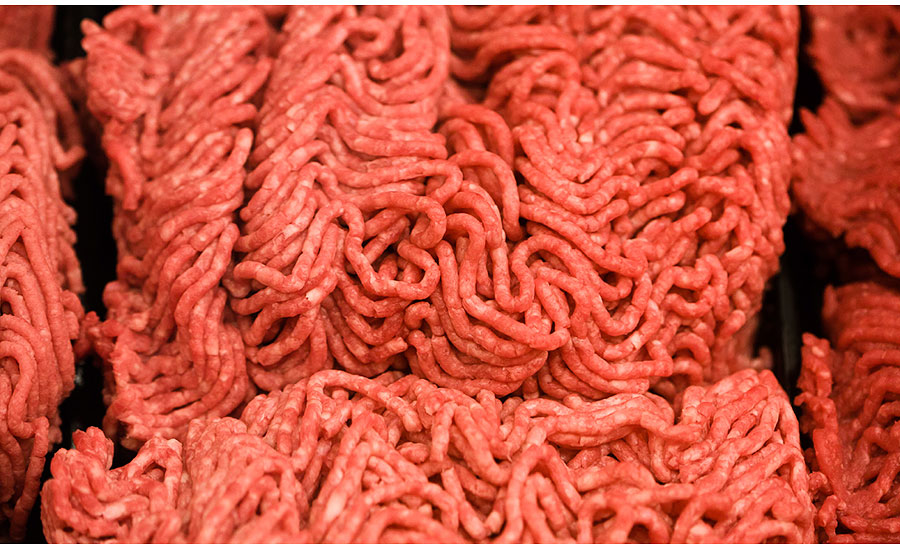The U.S. Department of Agriculture’s Food Safety Inspection Service (FSIS) is working hard to enhance the traceability of ground beef products in the marketplace. In just a few short months, any official establishment or retail store that grinds raw beef products will be required to keep grinding records showing the source of all raw materials being used. The new rules go into effect in July and, whenever a manufacturing or retail sample tests positive for a pathogen of concern, FSIS will use the mandatory grinding records to trace the source of contamination back to the harvest establishment where it originated.
In the past, many retail establishments refused to keep grinding logs. Some grocery chains thought if an illness were traced to a ground beef product that was processed in only one particular store, the absence of any grinding logs would allow the grocery chain to limit any recalls to the store at issue. These beliefs proved in many cases to be correct and, as a result, many outbreaks remained unsolved. Frustrated by its inability to trace the source of ground beef beyond a single grocery store, FSIS has now changed the rules to mandate that retailers record and maintain source information. Although most processing establishments already maintain grinding or batch records as a matter of course, FSIS is officially extending the new rules to cover all federal establishments that grind trim as well.
Pursuant to the new rules, federal establishments and retail stores that grind raw beef products will be required to record and maintain the following information: (1) the federal establishment numbers of all establishments supplying material used to prepare each lot of raw ground beef product; (2) all supplier lot numbers and production dates; (3) the names of the supplied materials, including beef components and any materials carried over from one production lot to the next; (4) the date and time each lot of raw ground beef product was produced; (5) and the date and time when grinding equipment and other related food-contact surfaces are cleaned and sanitized.
As the enforcement date approaches, make sure your establishment records the types of information required by the new rules. Also make sure to inform your customers they will need to begin maintaining this information as well. If FSIS finds a retailer is not keeping grinding records as required, the agency could prevent it from selling FSIS-regulated products. Thus, get the word out now, so no one gets caught in a grind. NP





Report Abusive Comment